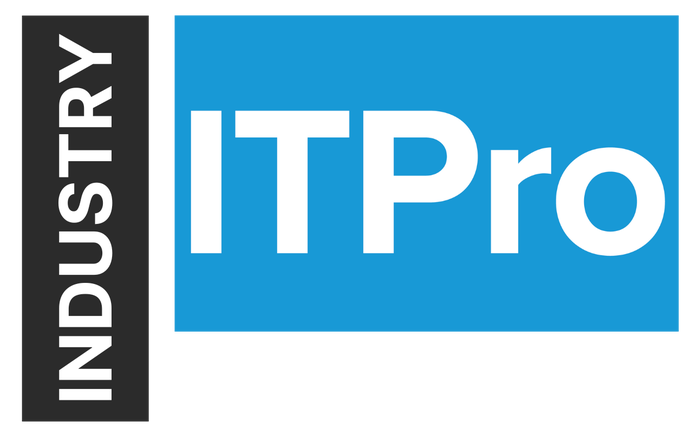
Insight and analysis on the information technology space from industry thought leaders.
The Ramifications of Not Exercising a Cohesive Archiving and Migrating Strategy: Part 2The Ramifications of Not Exercising a Cohesive Archiving and Migrating Strategy: Part 2
Dive into the nitty-gritty of how to migrate and adhere to a cohesive archiving and migrating strategy.
March 29, 2019

You have decided to simplify your archiving strategy--multiple platforms and data stored in many different locations is not the most efficient way to operate. Now, you must ensure that all your information is going to be accurately and efficiently transferred
To begin the process of formulating a defensible migration strategy, you must determine where your data currently resides and where it will be moved. Think of it as if you're moving into a new house: If I'm taking all my furniture, I need somewhere to put it. There will also be mitigating factors when moving from one system to another. Do you delete the old systems that are in the environment? Do you want to move historical data to the cloud?
Then, it's time for research. There are some cloud platforms that, once the data has been moved, will cost you a handsome amount of money for the vendor to release or extract the data. The challenge is to find a solution that is equitable overall, and that doesn't charge to release your data.
Once you have assembled a short list of vendors, ask about security. Remember, this data is being held for legal purposes. It must be immediately available, accessible by trusted employees, as well as searchazble and available 24/7. Should there be outages where the data cannot be available, there should be financial penalties to that vendor.
Note that some providers won't tell you where they store your information. Why so secretive? The U.S. federal government can legally search a hard drive anywhere in the United States at any time. So that could be a factor for some.
Most companies need to ensure their data is migrated and archived safely and securely, that no change occurs to the information or metadata during the move, and that if it ever needs to be reviewed, it is in the same condition it was on the date it was created. If any of this information needs to be called in for litigation, it can be ascertained that it is the original data and that the "chain of custody" has not been broken. To mitigate any risk that the data could be compromised, it is important to partner with a company that can archive and migrate without disruption.
But all data is not created equally. Data archiving requirements differ based on data type. Retention requirements are different for healthcare information than they are for financial data, for example. Businesses with sensitive data handling requirements should look to solution providers and other archiving/migration experts capable of properly implementing data archiving and data lifecycle management solutions.
An excellent data migration partner understands its customers' environments and the target destination. Typically, clients will complete a questionnaire that helps create a profile. This will help to document the project scope accurately and correctly. A thoughtfully completed questionnaire provides insight into how much data exists and where that data is currently stored.
After more than two decades in the data migration space, there is one thing I always tell my customers and partners: Your data may be your most important asset. The way it is archived, the choice of a provider and your ability to readily access it on demand may be the difference between retaining your role or shifting to a new one. Lean on an expert that can help you make the appropriate and data-sanctified shift.

Screen Shot 2019-03-30 at 5.27.52 PM_0
Perry Hiltz is a Senior Sales Engineer at Trusted Data Solutions (TDS) with over 18 years of technical pre-sales engineering knowledge. Hiltz began working in IT in 1993 and has been working with email and messaging since 1997. With experience in Domino, Exchange and migrations between the two, Hiltz has built respect and a wealth of knowledge surrounding email. His knowledge of these migrations led him to migrations from enterprise archives to messaging platforms and other enterprise archives. Hiltz currently works within TDS’ Enterprise Archive Migration team in assisting partner organizations with training, support, and technical demonstrations.
About the Author
You May Also Like






.jpg?width=700&auto=webp&quality=80&disable=upscale)
